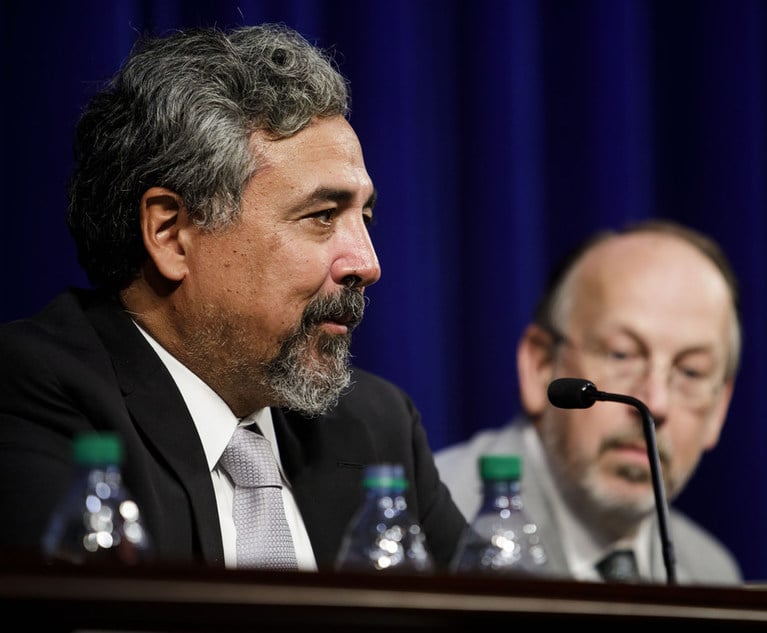Among the many ways the U.S. Sentencing Guidelines have distorted the federal criminal justice system is through heavy reliance on factual determinations typically made by judges at sentencing rather than by juries at trial. Perhaps the most troubling example of judicial factfinding predominating over the role of the jury is the court’s authority to increase a sentence based on acquitted conduct. Even as a series of U.S. Supreme Court decisions in the first decade of this century struck down the mandatory Guidelines based on Sixth Amendment protections of the jury’s role, the court nevertheless declined opportunities to address this controversial practice. Now, however, as political winds have begun to shift and pressures for criminal justice reform have grown, the legislative branch is thankfully stepping up. On March 4, 2021, Sens. Dick Durbin and Charles Grassley announced the introduction of the “Prohibiting Punishment of Acquitted Conduct Act of 2021,” which would bar courts from increasing a defendant’s sentence based on acquitted conduct.
The Role of Judicial Factfinding at Sentencing, as Shaped by SCOTUS. Federal sentencing practice has long given judges the authority to consider facts beyond those found by the jury. Prior to the introduction of the Guidelines, the court had discretion to sentence defendants anywhere within typically broad maximums established in the statute of conviction. As the Second Circuit addressed in United States v. Fatico, 603 F.2d 1053 (2d Cir. 1979), in general, if the sentencing court sought to base its decision on additional facts not found by the jury, and the defendant contested those facts, the court was required to hold an evidentiary hearing to determine them by a preponderance of evidence.


 Robert J. Anello and Richard F. Albert
Robert J. Anello and Richard F. Albert




